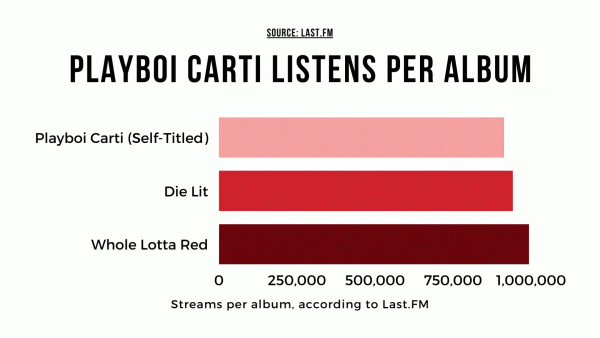Opinion: Measure of success not one-size-fits-all
How do we measure success? Is it based on money or popularity? Is it where someone goes to college? Is it having the highest ranking job? Biggest family? Everyone’s definition of success is different, so how can we say someone is more successful than another?
As a senior, the pressure to succeed is extreme. But what does that even mean? Does it mean getting the highest ACT score? What if person A can make a 30 without trying, but person B can study for weeks and weeks and only pull off a 20? Does that make person A more successful?
Maybe success is based off of where you go to college. But that isn’t fair either. What if two people are both accepted to Harvard, but one winds up going to community college because their family just can’t afford to send them to an Ivy League school? Is one person successful and the other isn’t?
What about people who don’t go to college? Are people who join the military after graduation less successful? What about people who take over family businesses, or start families? Someone who is finally able to take over the family farm is very successful in the eyes of that family, so why are they seen as less in our society?
We need to break the habit of classifying people based on numbers. People are more than ACT scores, scholarship offers and salaries. Success is different for everyone. Every person has a different story. Different family. Different goals and different abilities.
For many people, just graduating high school is success. We make big deals over people scoring high on tests and getting good grades, but why don’t we recognize the student who finally earned a promotion after working at their job for over a year? Or the student who battled depression or another hidden illness and won?
How come we only measure success in numbers, when really, success can’t be measured at all. Success is on so many different scales that it’s impossible to compare apples to apples. So for all the students who will be successful in “non-traditional” ways, keep on being successful. And for the students who are successful in “traditional” ways, you keep on being successful too.

Emily Merz
Editor-in-Chief, The Pony Express.
Emily Merz was the Editor-in-Chief for The Pony Express for the 2018-2019 school year. Merz was a member...











